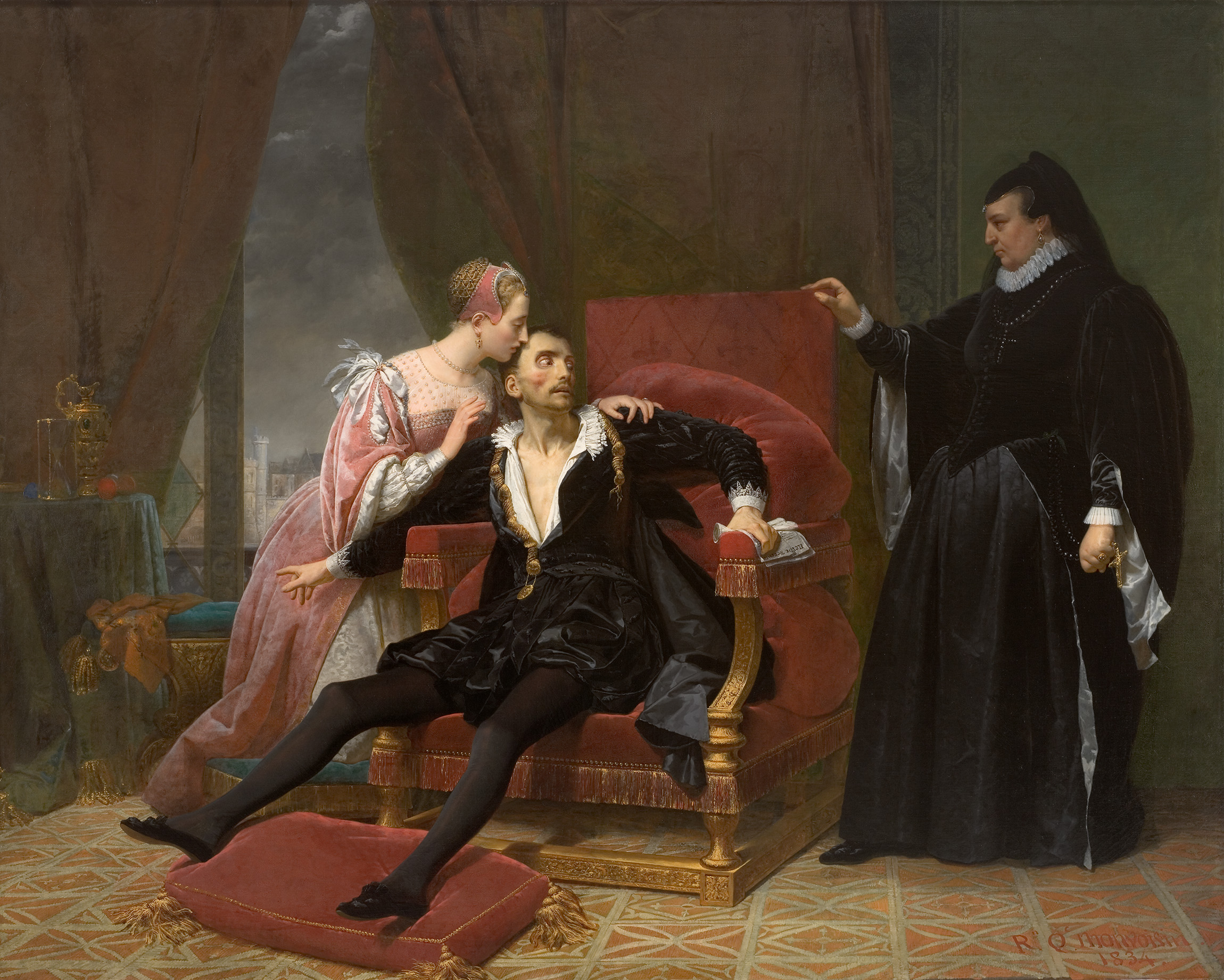Revisiting the Death of Charles IX and its Aftermath
Maison française d'Oxford
May 15, 2024
Organised by Christian Martens (Geneva/Warwick) and Ingrid De Smet (Warwick)
Funded by the Swiss National Foundation for Science (SNSF)
With a keynote address by Mark Greengrass (Sheffield)
Program:
9:30AM Welcome coffee
10AM Introduction (Christian Martens)
10:15AM Penny Roberts (University of Warwick): “‘In the shadow of his mother and his brother’? A reassessment of Charles IX's reign c. 1568-74”
10:45AM Jérémie Ferrer-Bartomeu (Université catholique de Louvain / Université de Liège): « Dans les plis du temps. Le coup de majesté d'une reine régente, 8 août 1574”
11:15AM Coffee break
11:30AM Keynote address
Mark Greengrass (University of Sheffield): “La chronique d'une mort (à moitié) attendue. Le décès du roi Charles IX à travers la correspondance du lieutenant du roi en Dauphine, Bertrand Simiane de Gordes”
12:30PM Lunch break
1:30PM Sara Barker (University of Leeds): “Pamphlet production and design in France, c.1574-c.1584”
2PM Luc Racaut (University of Newcastle): "Charles IX’s desacralized body: cruentation, autopsy and othering in the religious wars"
2:30PM Coffee break
3PM James McNamara (University of Innsbruck): "External perspectives on the death of Charles IX: William Camden's Annales of Elizabeth I"
3:30PM Christian Martens: “François Hotman v. Charles IX: Narrating a Tumultuous Reign Between Polemics and Diplomacy”
4PM Conclusion (Ingrid De Smet)
4:30PM End of the day
Attendance:
Free, but prebooking is required.
Please contact:
Christian.Martens@warwick.ac.uk
Revisiting the Death of Charles IX and its Aftermath:
Continuity and Change in French Politics, Society, and Culture, c. 1574-1584

After Queen Elizabeth II’s death on September 8, 2022, the United Kingdom crowned a new king and entered the New Carolean Age: it announced an indeterminate amount of future time under a new name. This is a practice representative of monarchies, as they try to break with the past and open up the present.
Similarly, the death of Charles IX on May 30, 1574, unleashed a flurry of potential new avenues for action and discourse. The 450th anniversary of his passing offers us the opportunity to revisit that event’s actual and potential significance. As king he disappointed all the parties involved in the religious and political strife of the French Wars of Religion. The Catholics resented his conciliatory politics with the heretics: to them, he was weak, enthralled to his meddlesome mother, Catherine, and even a traitor to God. The Protestants saw him as treacherous and untrustworthy: in peacetime, he had ordered the extrajudicial execution of the Admiral of Coligny and kickstarted the St. Bartholomew’s Day Massacre. With his death, could all that political, emotional, and historical baggage suddenly disappear?
The political situation was open-ended and rumours swirled around the royal court that Charles IX had been poisoned. The heir to the Crown was away in Poland; yet intransigent Catholics could hope to find in Henry of Anjou a ruler willing to pursue a repressive policy against the Protestants. On the other side, buoyed by the failure of the siege of La Rochelle and with the support of foreign princes, the Huguenots had set up a state within the state in the south of France and institutionalised resistance to the king’s tyrannical rule. As Charles IX was dying, the movement of the Malcontents, led by recently sidelined grandees of the Kingdom, had just erupted against the government of the Queen-Mother.
Taken in isolation, the death of Charles IX forces us to reconsider what happened in the light of what could have been. It suggests a recasting of the event itself and of its influence on the next decade of the Wars of Religion. Was there any hope Henri of Anjou would not come back? Did Charles IX’s passing change the political calculus of the Malcontents? How did the complex and ever-changing geopolitical chessboard, in Germany, the Netherlands, England and Spain, react to another French king dying so young? Was the fated death of a hated king fêted by the Huguenots, or resented for its political consequences? What mood dominated the public square of the multiple French communities, in Paris, Rome and Venice on the one hand, Montauban, La Rochelle, Geneva and Amsterdam, on the other? Was there hope for change or fear of a break? To put it starkly, did the direction of history seem unsettled, or was the king’s agony just one further sign pointing towards impending doom?